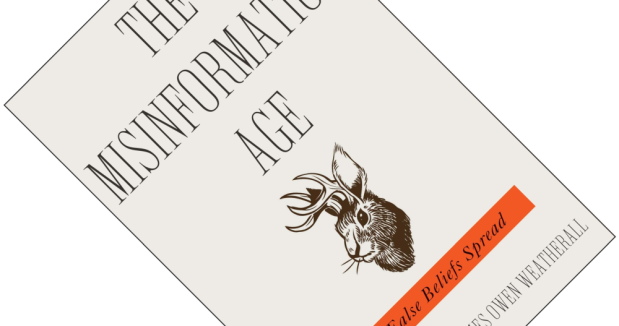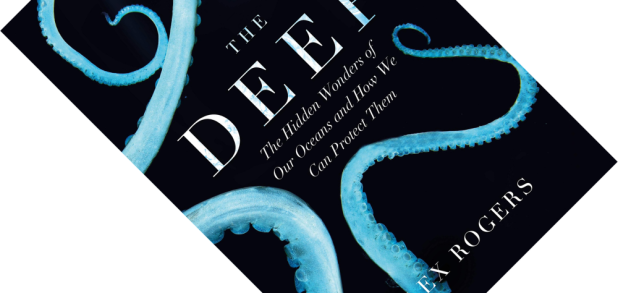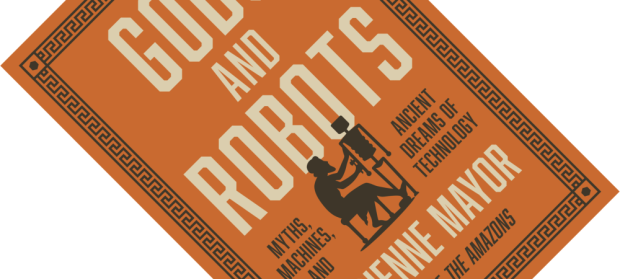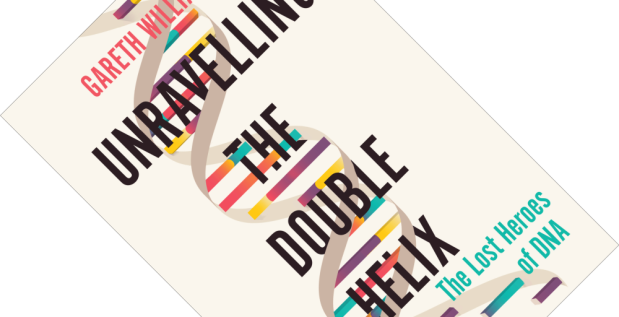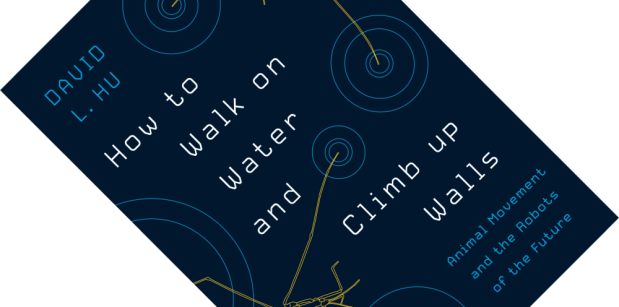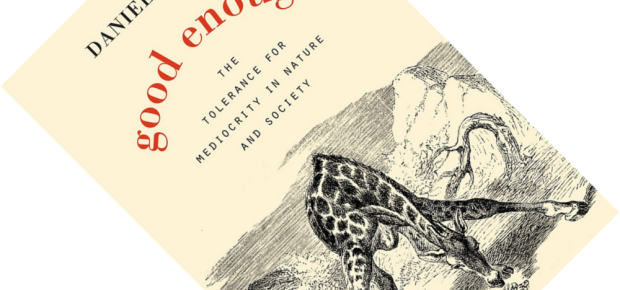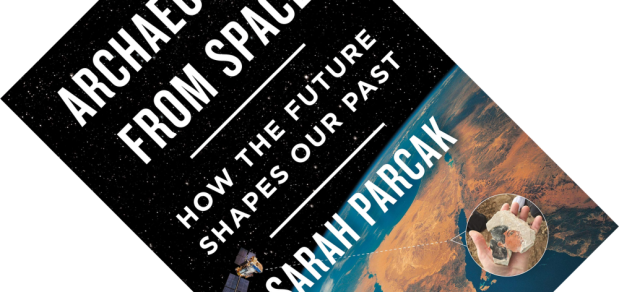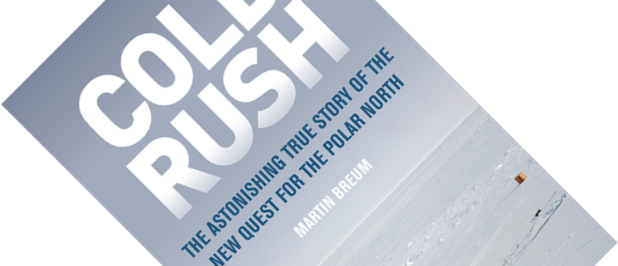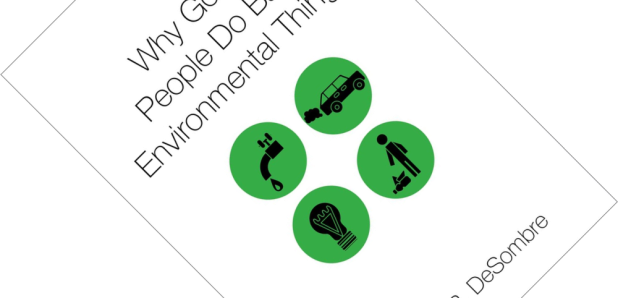“A lie can travel halfway around the world while the truth is putting on its shoes”. This oft-misattributed quote highlights a persistent problem in our world. Why do false ideas spread so easily? Sure, blame people’s ignorance or stupidity, but philosophers Cailin O’Connor and James Owen Weatherall write that the problem is far more insidious. Through a combination of case studies and modelling work, they convincingly argue that the same social dynamics by which truth spreads are inherently vulnerable to exploitation. But first, some vegetable lamb.
Year: 2019
Book review – The Deep: The Hidden Wonders of Our Oceans and How We Can Protect Them
What does the deep ocean make you think of? An alien world right on our doorstep? The cradle of life? A global garbage dump? The lungs of the planet? Or the world’s most abused ecosystem? If I am to believe marine biologist Alex Rogers, the deep ocean is all of the above, and so much more. With three decades of research experience and scientific consultancy credits for the BBC series Blue Planet II under his belt, he knows what he is talking about and he knows how to talk about it. The Deep is an intensely captivating and urgent book that swings between wonder and horror.
Book review – Gods and Robots: Myths, Machines, and Ancient Dreams of Technology
The word “robot” will soon celebrate its 100th anniversary, as it was coined in 1920 by Czech writer Karel Čapek. But humanity’s fascination with self-moving devices, or automata, is far older. Classicist and science historian Adrienne Mayor here surveys the many living statues, robotic warriors, and artificial devices that populated Greek mythology to show the deep roots of our fascination with beings “made, not born”.
Book review – Unravelling the Double Helix: The Lost Heroes of DNA
Most people will at least be mildly familiar with the story of how the structure of DNA was discovered. Francis Crick and James D. Watson are household names in this story as they went on to win a Nobel Prize. But can you name the third person to share it with them? Most people will also have heard of Rosalind Franklin, but as Gareth Williams shows, so many other people were relevant to this story. Watson and Crick only put the finishing cherry on the cake. Unravelling the Double Helix covers the preceding 85 years of breakthroughs, blind alleys, near-misses, and “beautifully executed bellyflops” by some of the greatest scientists of their time.
Book review – How to Walk on Water and Climb up Walls: Animal Movement and the Robots of the Future
Animals move in many different ways – hopping, gliding, flying, slithering, walking, swimming, etc. their way through our world. Studying how they do this brings together biologists, engineers, and physicists in disciplines such as biomechanics, bioengineering and robotics. Author David L. Hu, for example, is a professor of mechanical engineering and biology. How to Walk on Water and Climb up Walls is a light and amusing romp through the many remarkable forms of animal locomotion, and the equally remarkable experiments that are informing the robots of the future, although it leaves out some notable examples.
Book review – Everything is Fucked: A Book about Hope
If you do not like the idea of reading a book review of a self-help book written by an author who hates self-help books. Or if you cringe at expletive-laden language. Stop. Seriously, move on. If that is not you – author, thinker and popular blogger Mark Manson is back with another book full of counterintuitive wisdom, razor-sharp observations, and vulgar humour. I imagine most of my readers will have an academic background, or at least value critical, logical thinking and a healthy dose of scepticism. Manson’s writing might just be for you. Why? Because scientists are people too.
Book review – Good Enough: The Tolerance for Mediocrity in Nature and Society
In popular discourse, the theory of evolution has become a victim of its own success, reduced to sound-bites such as “survival of the fittest”. Biologists will of course quickly point out that this is an oversimplification, though philosopher Daniel S. Milo takes things a few steps further. Good Enough is a thought-provoking critique of the dominance of adaptationist explanations. He argues that, while natural selection is important, it is not the only, possibly not even the default mechanism, in evolution. No, Milo claims, the mediocre also survive and thrive.
Book review – Archaeology from Space: How the Future Shapes Our Past
What is better than archaeology? How about space archaeology. More properly known as remote sensing by satellite, the use of satellite imagery has set the field or archaeology alight. And professor of anthropology Sarah Parcak is one of its most enthusiastic torch-bearers. In a book that overflows with wonder, honesty, and hope, she takes the reader on a grand tour of remote sensing, showing how it is transforming this discipline.
Book review – Cold Rush: The Astonishing True Story of the New Quest for the Polar North
Cold Rush is one of those books that invites a facepalm and a groan of: “humans… sigh”. The Arctic turns out to be particularly sensitive to climate change – the extent of sea ice cover has been hitting record-lows in the last decade, polar bears are moving into new areas as their habitat disappears, Greenland’s glaciers are melting in record-tempo, and scientists are publicly worrying we will see the North Pole free of ice within decades. You would think that we would be concerned. Instead, the nations around the Arctic rub their hands in glee: “Look at all these business opportunities: new shipping routes, newly accessible oil, gas, and mineral reserves… oh boy, we are going to make so much money!”
Book review – Why Good People Do Bad Environmental Things
If so many people are concerned about the environment, why do we still behave in ways that harm it? Many environmentalists will quickly argue that people just do not care or need more information. Professor of Environmental Studies Elizabeth R. DeSombre here argues that these answers are often wrong or incomplete. By considering research from a range of disciplines she is looking for a fuller explanation of why we behave the way we do. Only then can we hope to change how people achieve their goals in less destructive ways. And that, she daringly concludes, does not even require people to care about the environment.

